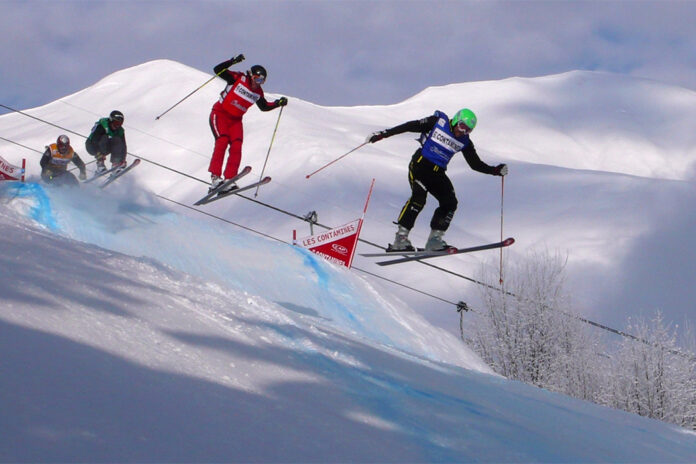Tag: viva voce
Public defence of doctoral thesis | Physical Activity Put Into Context: Interdisciplinary Perspectives on Youth’s Physically Active Lives in School by Sara Hoy, Swedish School of Sport and Health...
Numerous scholars within sport and health sciences have emphasized the critical role of the school environment in shaping young people’s physically active lives. While Sara Hoy’s PhD project and dissertation addresses this specific dimension, the inquiry is also situated within wider academic discourses (ways of thinking, speaking, and producing knowledge within scholarly communities) concerning adolescents’ physical activity in school settings.
Public defence of doctoral thesis | Biomechanics of lower limb loading during high force and sports related movements by Jonas Enqvist, Swedish School of Sport and Health Sciences |...
Jonas Enqvist’s findings in his dissertation Biomechanics of lower limb loading during high force and sports related movements suggest that baseline testing is crucial in sports and that jump tests are reliable, accurate, and feasible to include in such assessments. Lower limb stiffness should be analysed during these tests, alongside asymmetries in stiffness and force. Symmetry should be considered a universal goal, as even minor asymmetries can have significant consequences for joint loading.
Public defense of doctoral thesis | Understanding Ironic Performance Breakdown Under Pressure. Unwanted thoughts, cognitive task load, and shooting performance: Implications for elite athletes by Khalifa Bartura, Norwegian School...
Even the most skilled athletes can falter under pressure, not because they lack skill, but because their own thoughts become their worst enemy. Ironically, trying not to make a mess makes mistake more likely—a phenomenon known as an ironic error. Yet despite its real-world consequences, little research examines whether elite performers—those who train relentlessly for high-stakes moments—succumb to these mental traps. The bottom line? Under pressure, ditch the “don’ts.” Train the brain to focus on what to do, not what to avoid—because where attention goes, performance follows.
Public defense of doctoral thesis | Uncovering the Field of Sports Coaches’ Talent Mindsets in Norway: Current States, Professional Developmental Potential, and Implications for Coaching Behavior by Dag André...
Based on knowledge of individuals' mindset and psychological interventions, Dag André Nilsen’s PhD-project aimed to enhance coach education programs and help coaches create training environments that promote learning and development. Specifically, the study examined whether and how a coach education program can help develop what is known as a growth mindset in coaches. A growth mindset is the belief that talent and skills can be developed through effort and learning, which stands in contrast to a fixed mindset, where talent and skills are perceived as innate and unchangeable.







